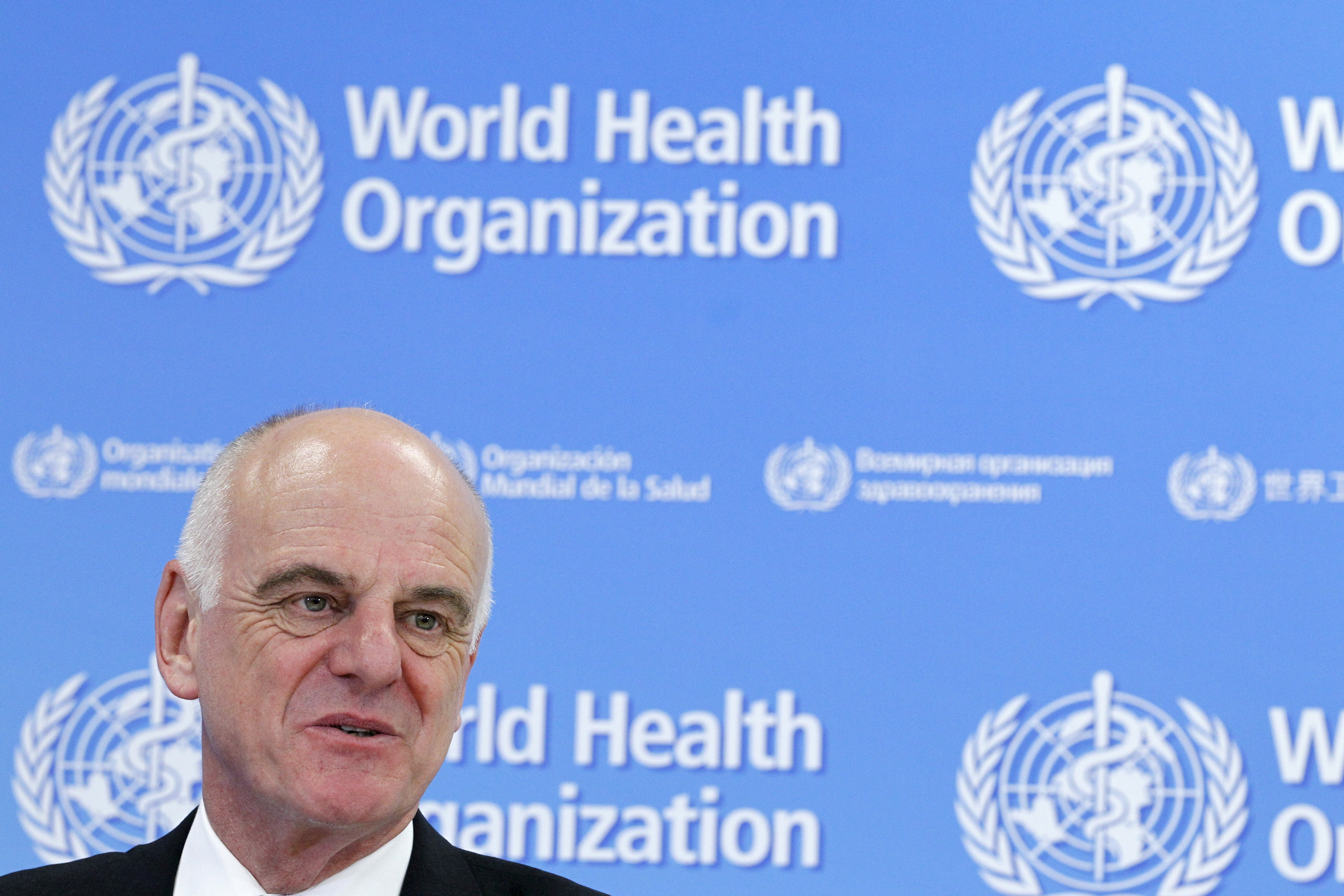WHO Covid envoy fears third wave of virus in Europe next year
Governments should lift restrictions when ‘case numbers are low and stay low’, says David Nabarro

A World Health Organisation envoy has warned that Europe could face a third wave of infections in early 2021 if governments do not implement further measures.
Speaking to Swiss newspapers, David Nabarro said that infections could boom again if countries repeated the failures that have led to a second wave.
“They missed building up the necessary infrastructure during the summer months after they brought the first wave under the control,” he said.
“Now we have the second wave. If they don’t build the necessary infrastructure, we’ll have a third wave early next year.”
Dr Nabarro is a British expert who was appointed as one of the six WHO special envoys for the coronavirus pandemic. In 2017, he campaigned unsuccessfully to become the organisation’s director-general.
Europe enjoyed lower infection rates in the summer, but they are now surging again.
Italy reported more than 34,000 new cases on Saturday, while Germany and France saw cases rise by more than 30,000 combined. Switzerland and Austria have thousands of cases daily.
France is expected to start easing the restrictions it introduced on 30 October after the rate of new infections plummeted in the last few weeks.
President Emmanuel Macron will give a speech on Tuesday and may announce a partial relaxation of the measures.
Dr Nabarro singled out Switzerland’s move to allow skiing – with masks required in gondola lifts – as other Alpine nations like Austria and Italy have shuttered resorts. Dr Nabarro said Switzerland could reach a “very high level of sicknesses and deaths”.
“Once the infection rates sink, and they will sink, then we can be as free as we want,” Dr Nabarro was quoted as saying by Solothurner Zeitung. “But right now? Should ski resorts open? Under what conditions?”
Dr Nabarro lauded the response of east Asian countries like South Korea, where infections are now relatively low.
“People are fully engaged, they take on behaviours that make it difficult for the virus,” he said. “They keep their distance, wear masks, isolate when they’re sick, wash hands and surfaces. They protect the most endangered groups.”
Dr Nabarro also said east Asian countries did not relax restrictions prematurely.
“You must wait until case numbers are low and stay low,” he said. “Europe’s reaction was incomplete.”
Additional reporting by Reuters
Join our commenting forum
Join thought-provoking conversations, follow other Independent readers and see their replies
Comments



Bookmark popover
Removed from bookmarks